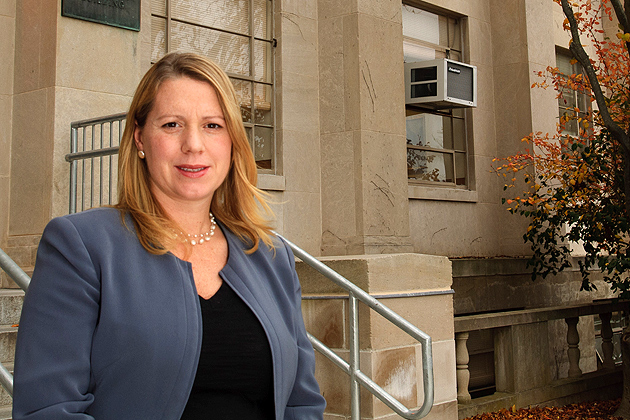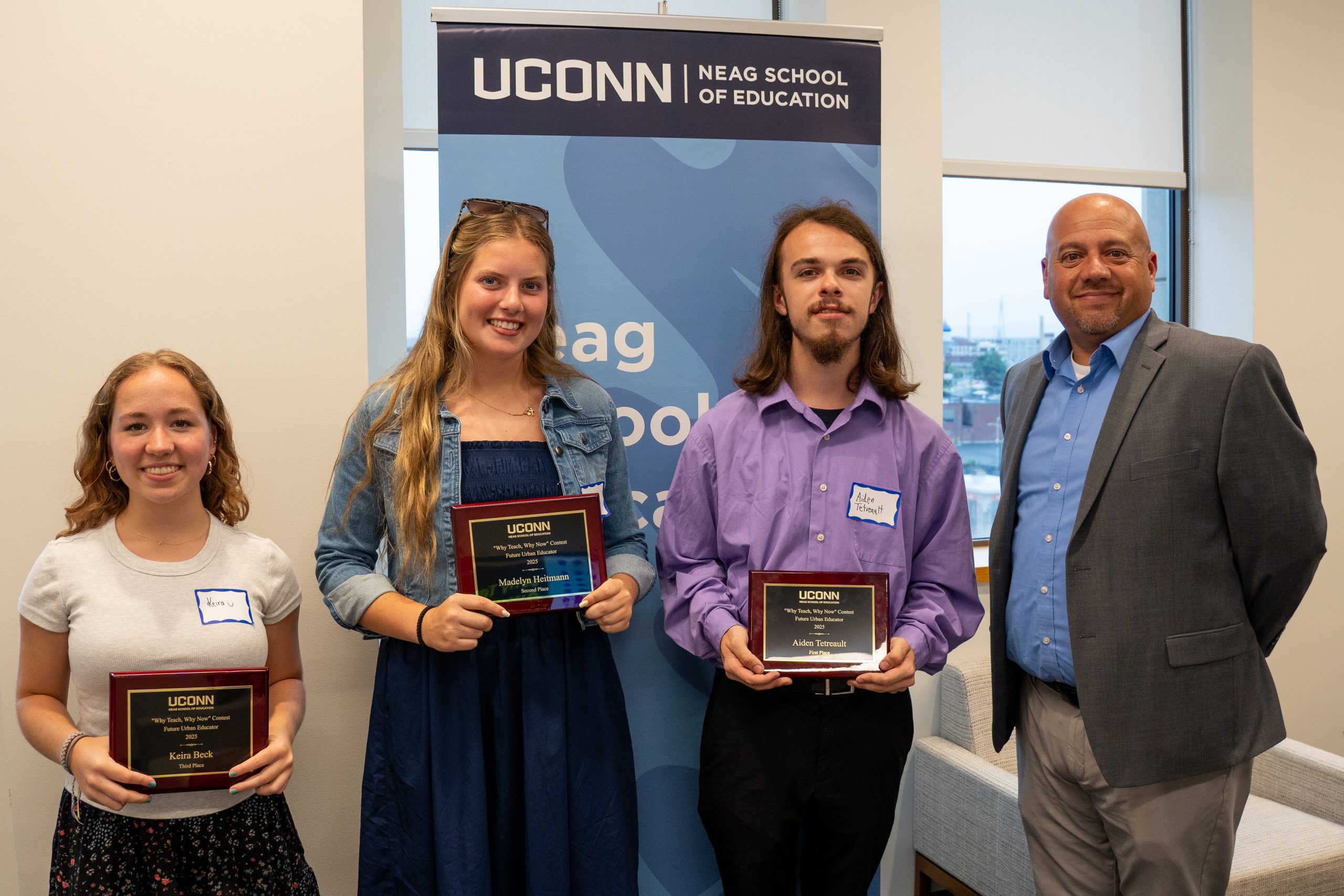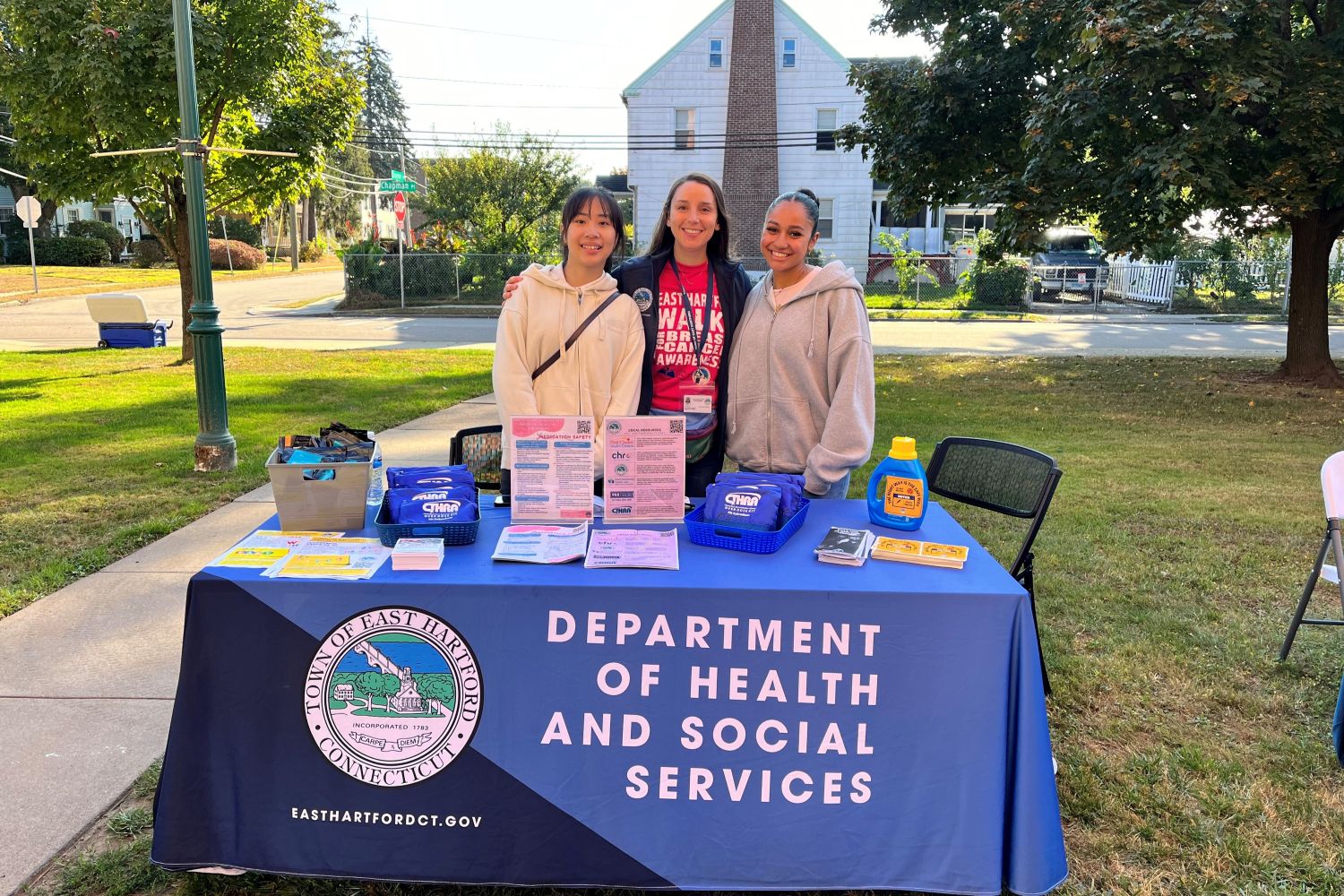When Charles ’50 (CANR), ’51 MS, and Barbara Zwick announced their gift of $1 million to the College of Agriculture and Natural Resources’ Food and Resource Policy Center in 2010, the news made the headlines at UConn, in the state media, and across the field of food and resource economics policy.

But leading up to the gift was an extensive behind-the-scenes process that meshed the donor’s vision and the college’s strengths, under the guidance of a member of the UConn Foundation’s development department.
Charles Zwick, a successful economist, former Harvard professor, UConn lecturer, and director of the Office of Management and Budget in the Johnson administration, is an analytical, thoughtful man who gives a lot of consideration to the manner in which he donates.
“There are a lot more causes out there – good causes – than there are means to support them all,” he says. And numerous other schools and organizations had already approached Zwick to make a major gift.
The most important skill for a development officer is listening … understanding what motivates [a donor’s] philanthropy, knowing what connections exist at UConn to have that vision realized, and then working with the donor and the school to find the right fit.
But as he reflected on the importance of his UConn education, and after working with the College of Agriculture, the Department of Agricultural and Resource Economics, and development staff, he knew his gift would have a significant impact at UConn. “I’ve had a very productive life, and I started to realize that I ought to help take care of the institutions in my life that made a difference to me,” he says. “UConn made a difference to this farm kid from Southington.
“There are places that, if you gave them a million dollar check, would say, ‘Oh. One million? Yes, we’ll find some time for you in three weeks’,” Zwick adds. “UConn isn’t like that. You know that the support matters to them, and you know it will make a difference.”
 To make their gift, the Zwicks worked closely over the course of nine months with Amy Chesmer ’94, the director of development for the College of Agriculture and Natural Resources and an alumna of the college herself. She designed a plan that included a gift today, which could be put to immediate use, and also a planned gift that would provide support for the college in perpetuity. Her work exemplifies the crucial role played by the Foundation’s approximately 25 development officers in University’s $600-million fundraising campaign, Our University. Our Moment.
To make their gift, the Zwicks worked closely over the course of nine months with Amy Chesmer ’94, the director of development for the College of Agriculture and Natural Resources and an alumna of the college herself. She designed a plan that included a gift today, which could be put to immediate use, and also a planned gift that would provide support for the college in perpetuity. Her work exemplifies the crucial role played by the Foundation’s approximately 25 development officers in University’s $600-million fundraising campaign, Our University. Our Moment.
Chesmer says the key to the process is understanding both the donor’s and the University’s vision, and working to blend the two.
“The most important skill for a development officer is listening,” she says. “And that doesn’t mean having lunch with a donor and then asking them for $1 million. It doesn’t work that way. It means understanding what motivates their philanthropy, knowing what connections exist at UConn to have that vision realized, and then working with the donor and the school to find the right fit for their generosity.”
Chesmer believes that a major gift requires almost as much commitment on the part of the University as it does the donor.
“In an ideal situation, you have a faculty member, a dean, or leadership with a clear vision and identifiable objectives for where they want to go,” she says. “Donors want to see their money utilized well, so before anyone signs a check, we all really do need the full backing of the University to make sure the gift is for something that can be accomplished.
“I’m playing the role of intermediary, of a connection to the end result the donor wants to see,” she adds. “It requires that the donors trust me and us; that we’re doing the right thing for the right reasons.”
Charles Zwick, the lifetime policy maker, says his gift to support an economic policy center at his alma mater was influenced by the philosophy of the late Andrew Carnegie. “Carnegie believed that if you have the means, you have to spend your money in productive ways,” he says. “If you don’t, that’s the greatest sin. That notion made a difference to me. What’s productive? Buying a boat or an airplane? That’s not meaningful. I chose to give to the interests I have, to a place that directed the rest of my life, and where I can see that I can help now.”
To make a gift to support UConn, please contact the UConn Foundation’s development department or make a gift online.



